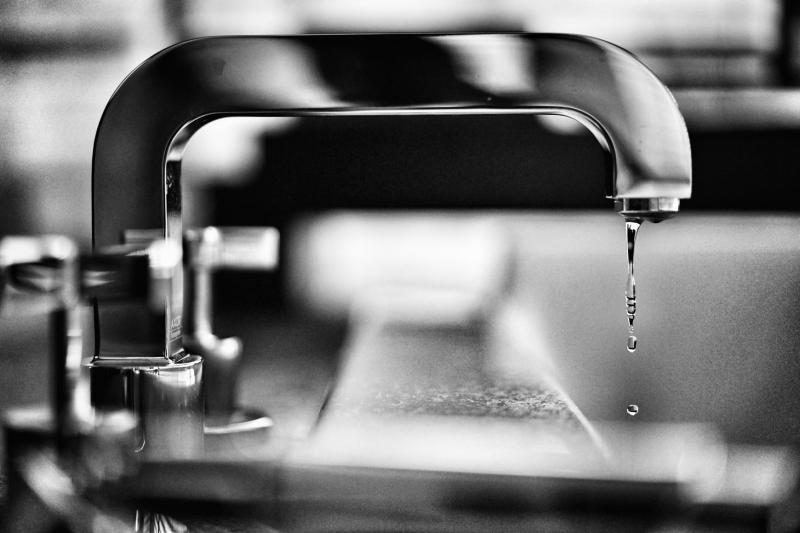Common Apartment Plumbing Issues And How To Fix Them

Around 10% of US homes have leak problems that end up wasting 90 gallons of water daily and 10,000 gallons per year. Not only is fixing a plumbing leak typically a straightforward job, but it can also save you as much as 10% on your water bill each month. Just like regular single-family home systems, apartment plumbing works well to supply fresh water and divert waste. However, the pipes, fixtures, and fitting undergo heavy use and fluctuating pressure and flow rates generated across numerous apartments. By knowing how to take care of common plumbing issues, you can avoid costly water damage in your apartment unit and be a considerate neighbor too.
Clogged toilet
Although toilets are designed to handle waste efficiently, paper and debris can accumulate over time and clog the system. Fortunately, you may be able to fix a clogged toilet by using a bellows plunger designed to seal around the bottom of the toilet bowl. With a strong, steady hand, use the plunger to push air from the plunger flange into the clogged pipe. Continue until the clog passes and flush the toilet to clear. If, on the other hand, you’re unable to resolve the issue and the clog floods your apartment, contact plumbing professionals who can safely handle sewage spills and cleanup.
Ceiling leak
If you have a ceiling leak, a plumbing problem in the upstairs apartment unit is likely the culprit. Although it may initially appear minimal, a ceiling leak can result in significant damage over time, including a weakened ceiling, damp interior conditions, and mold growth. So, it’s best not to ignore the leak and take action to mitigate the water damage as soon as possible. First, inform your landlord of the leak, as well as your upstairs neighbor in case they’re unaware of the situation. Your landlord is responsible for hiring an experienced plumber to locate the origin of the leak, fix it, and take care of any water damage. If any of your personal belongings or furnishings have been damaged as a result, you should also contact your renters insurance carrier about your coverage (which should be valid regardless of whether or not your upstairs neighbor is responsible for the leak). Renters insurance also covers temporary living in the case the water damage is extensive and takes weeks or months to repair, so you may also need to discuss this.
Low water pressure
Low water pressure can be a typical yet frustrating apartment plumbing issue. Although there’s multiple causes, simply using more than one plumbing fixture around your apartment at once is a common culprit. Since the circulation of your water supply is limited, being careful to use just one plumbing fixture at a time may be enough to resolve the issue (for example, don’t jump in the shower until your dishwasher's finished its cycle). Alternatively, you may also share water pipelines with neighboring units, which means your water supply is divided and the water pressure in your apartment drops when your neighbors use their faucets. In this case, you may need to adjust your routine to account for your neighbor’s water use habits to enjoy good water pressure again.
Otherwise, your faucet aerators may be clogged with sediment, limestone, or rust, which can happen over time and ruin your water pressure. So, remove the aerators on any low-pressure faucets and give them a clean. If an aerator doesn’t need cleaning, the fixture itself may need replacing, which will alternatively improve your water pressure.
Even small plumbing issues can develop into serious problems if left unchecked. By knowing how to take care of common apartment plumbing issues, you can avoid potentially expensive water damage and be a good neighbor too.
More to Read:
Previous Posts:










